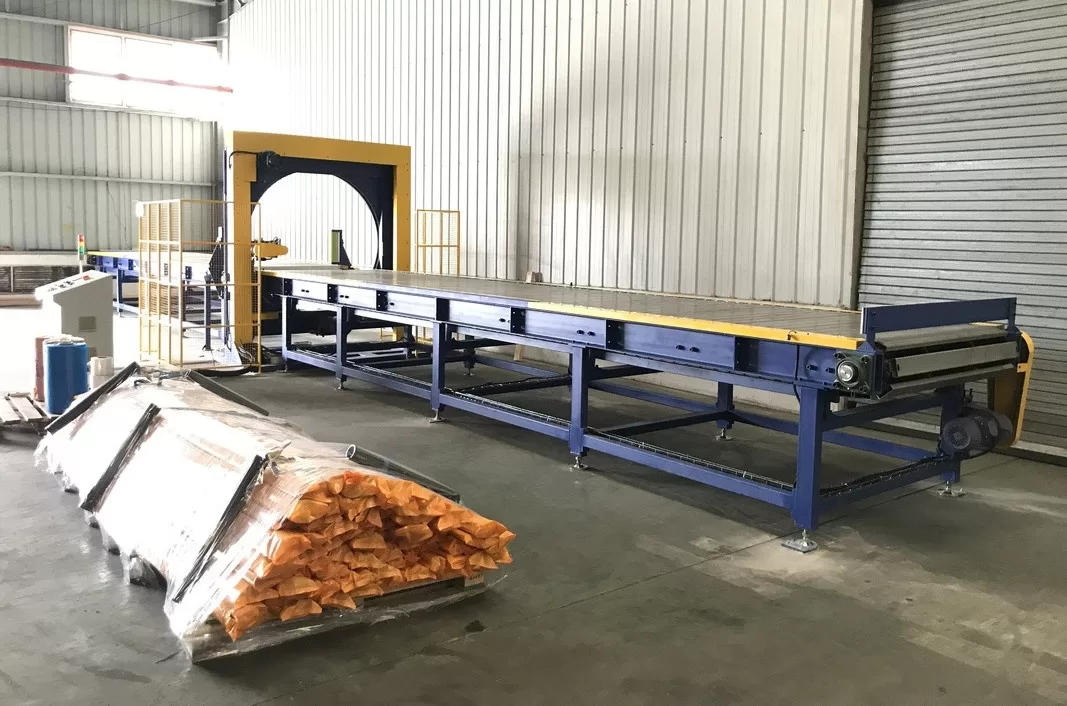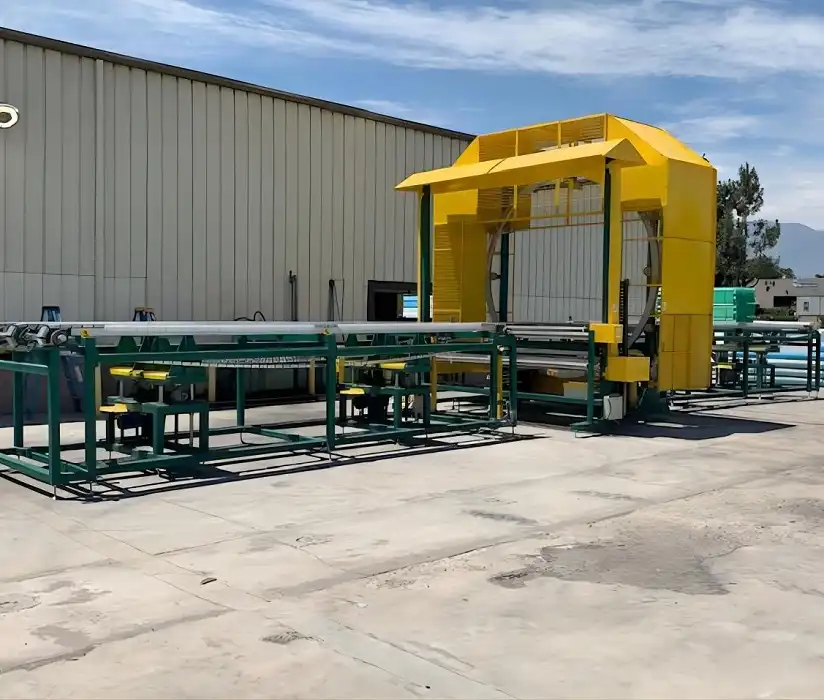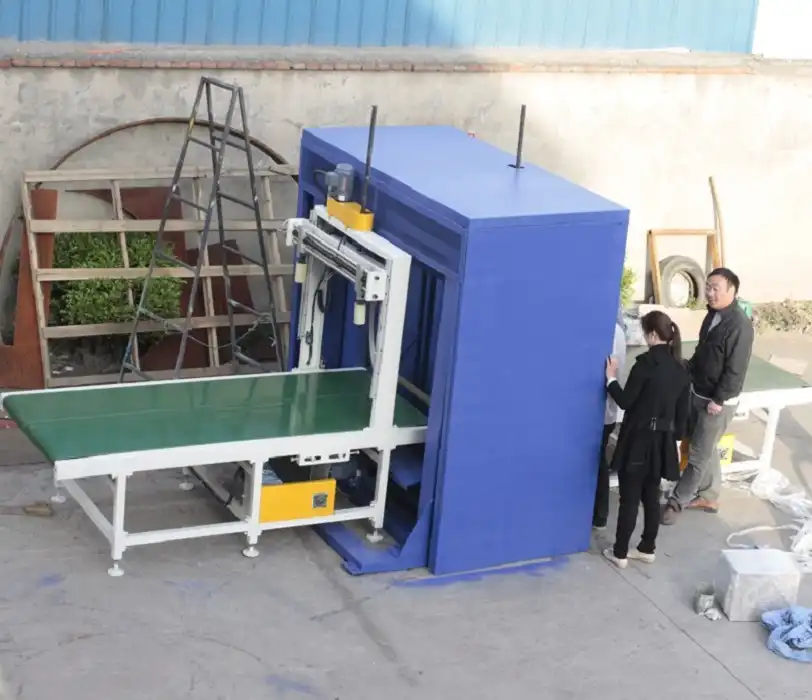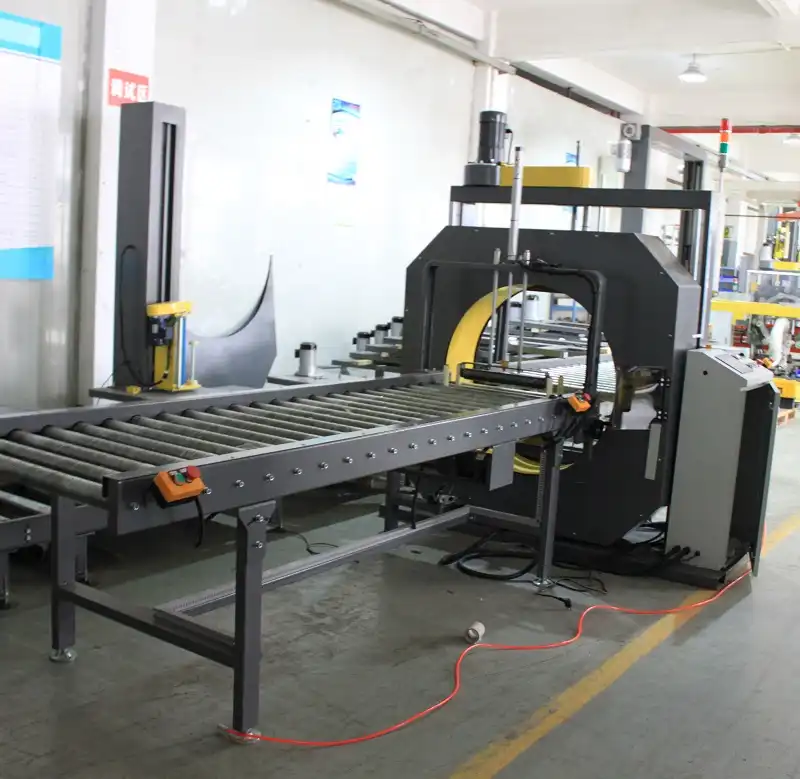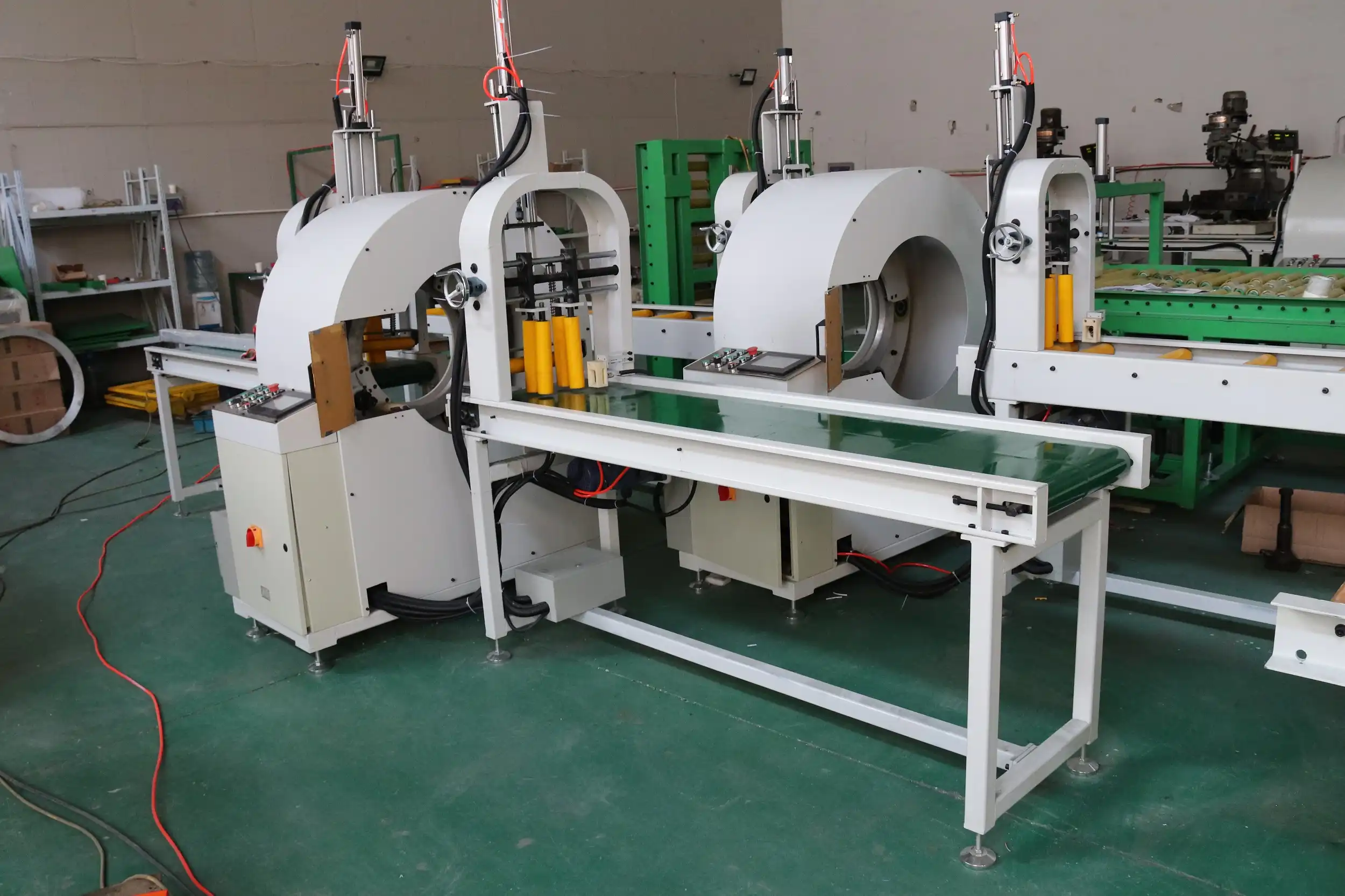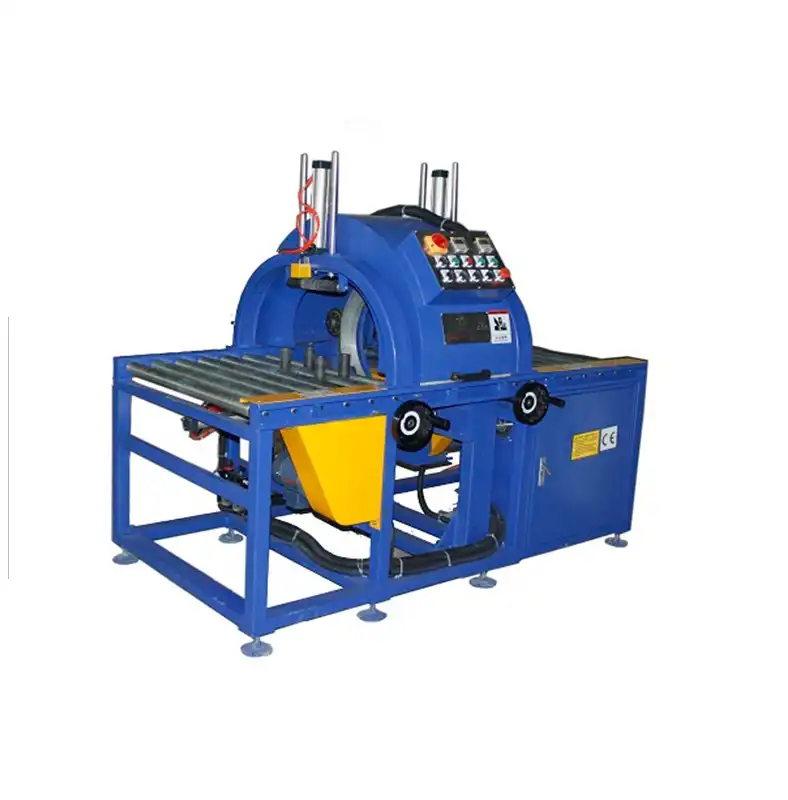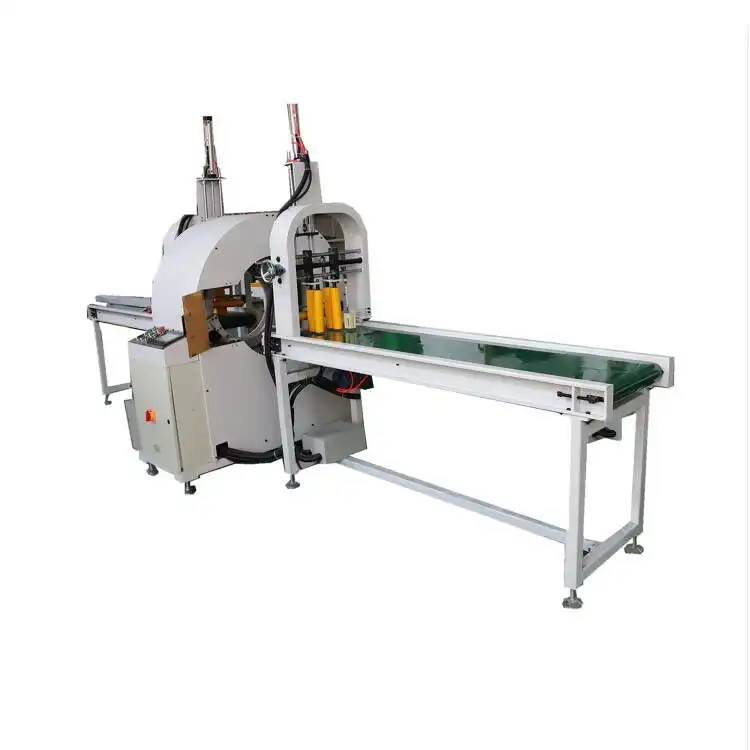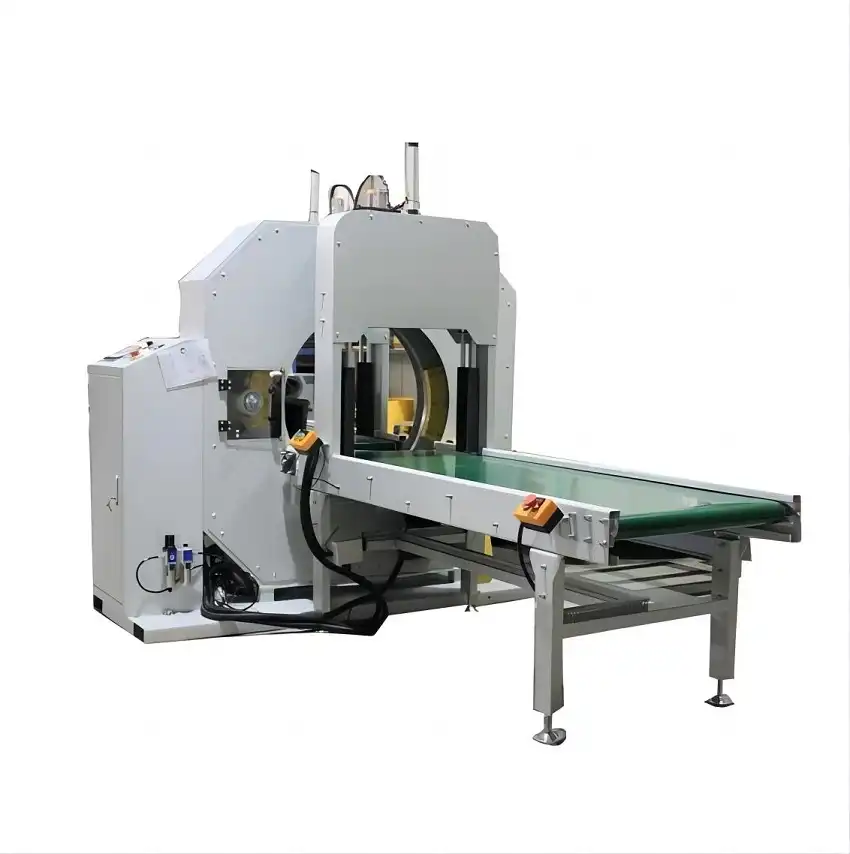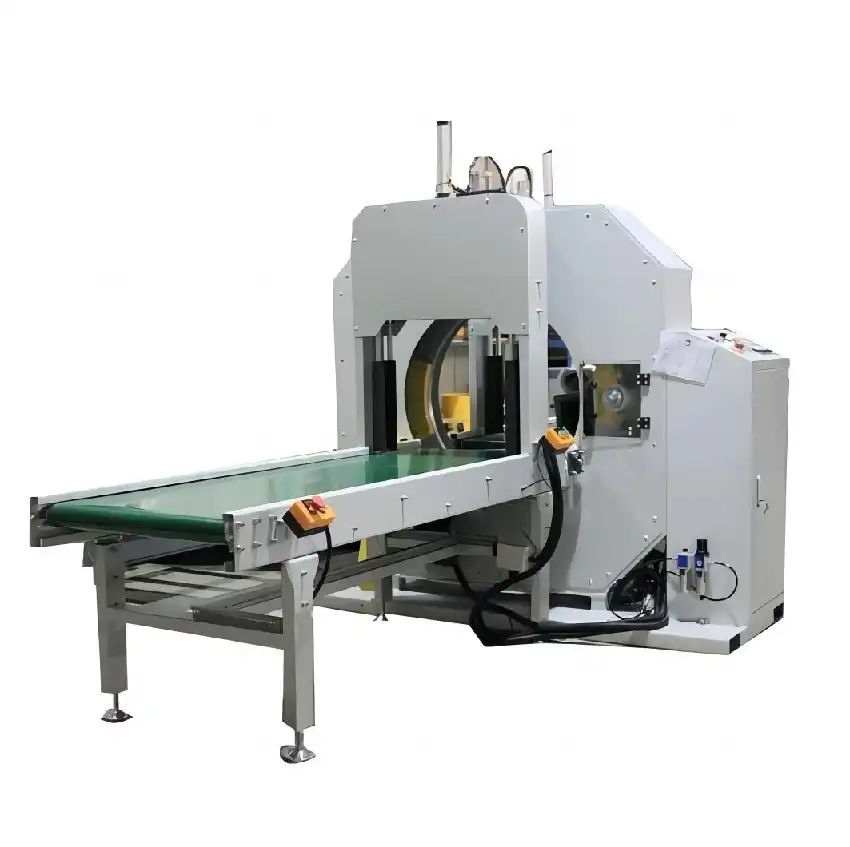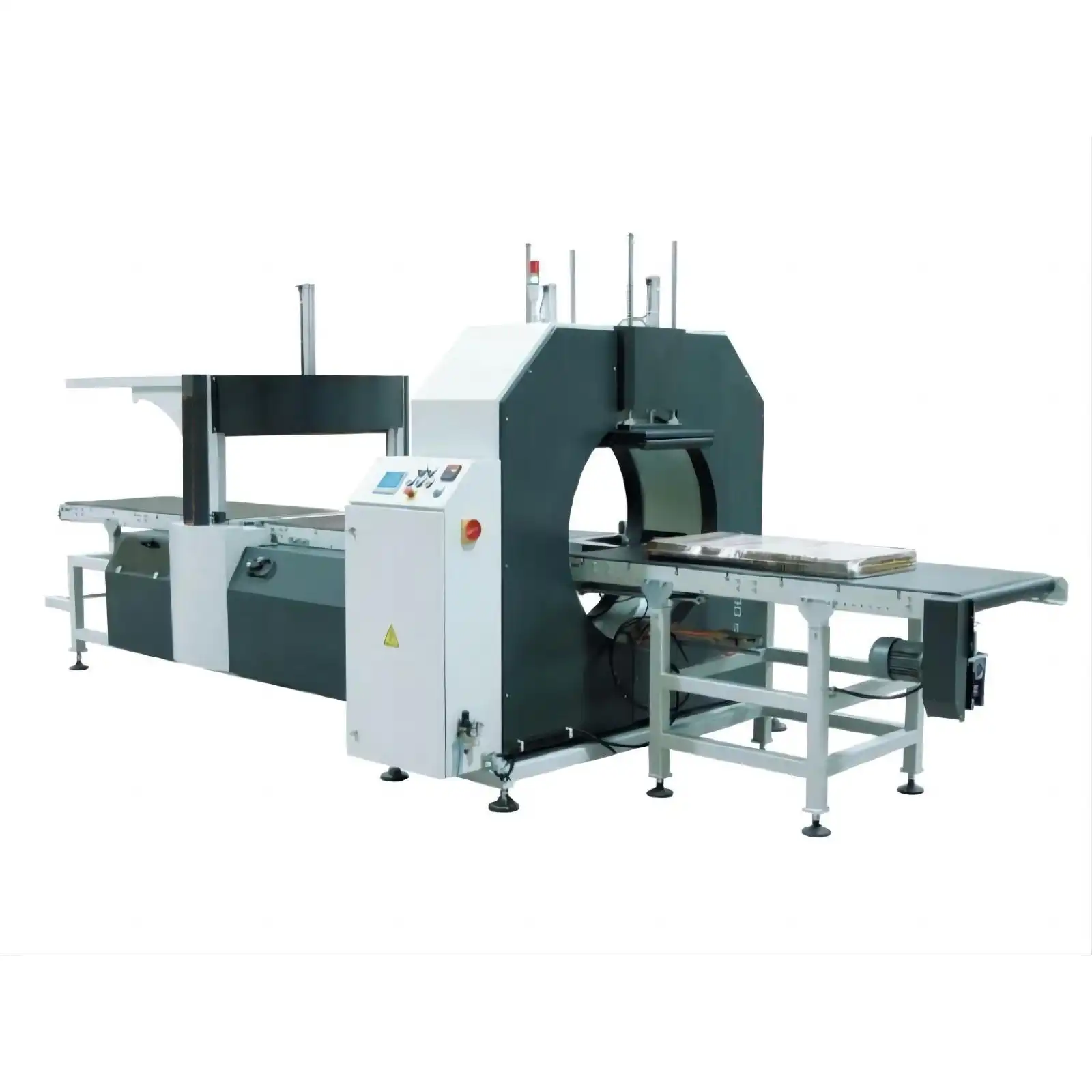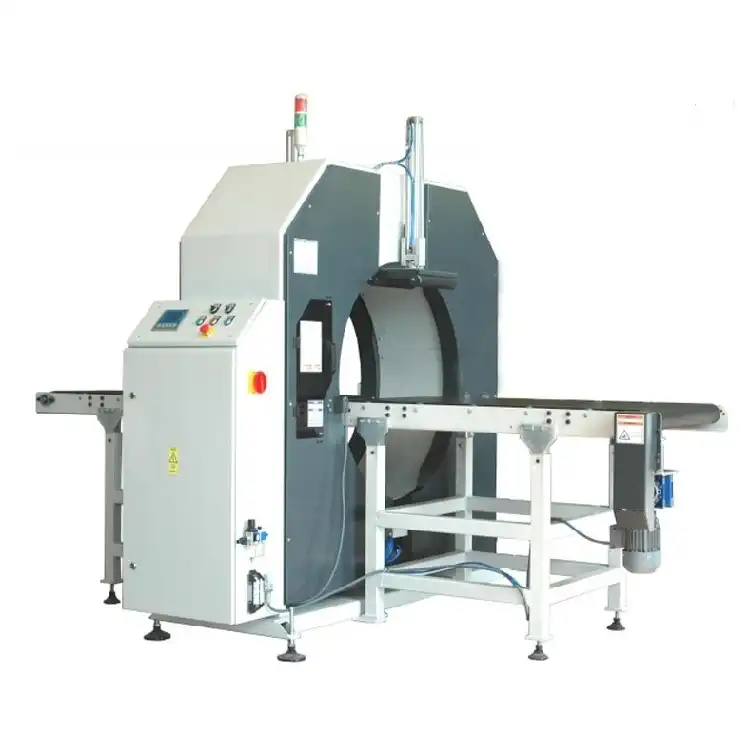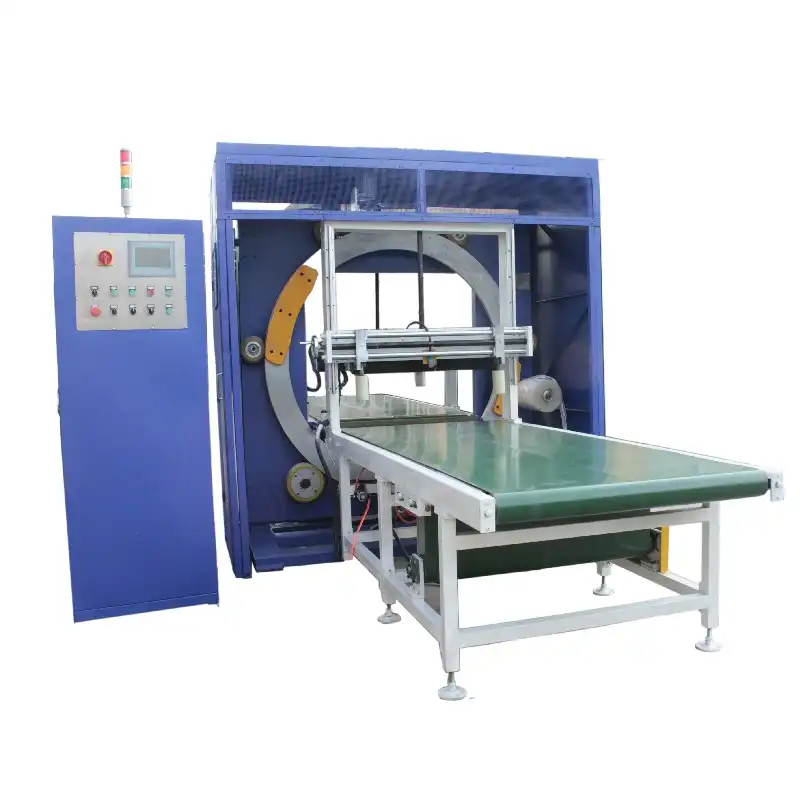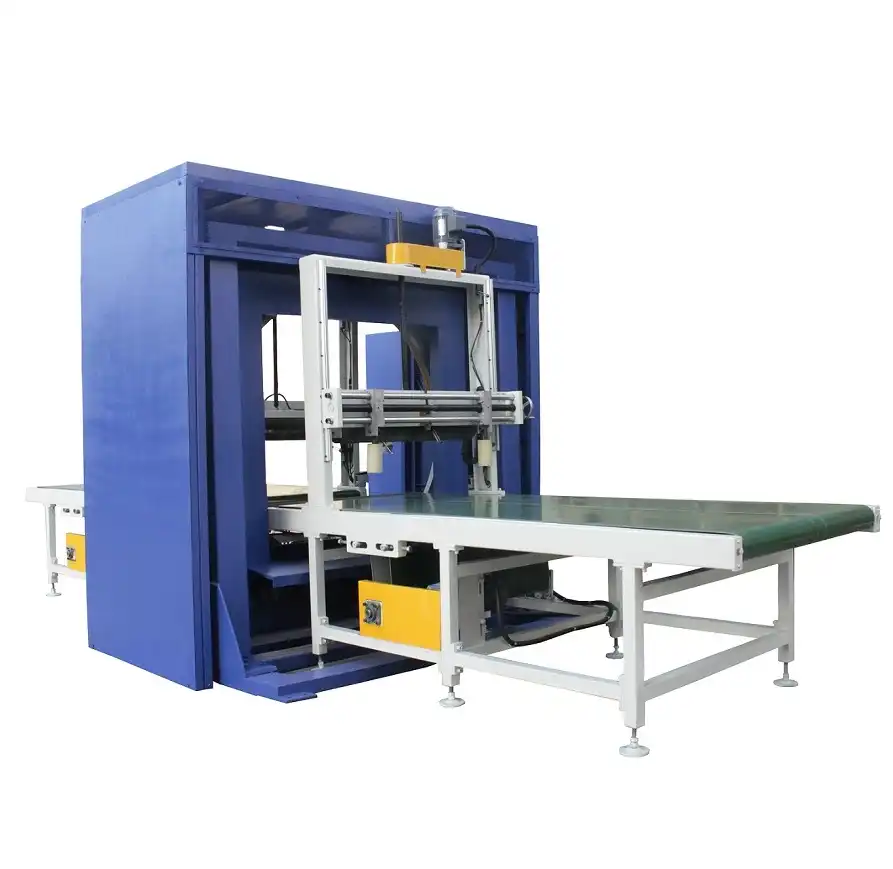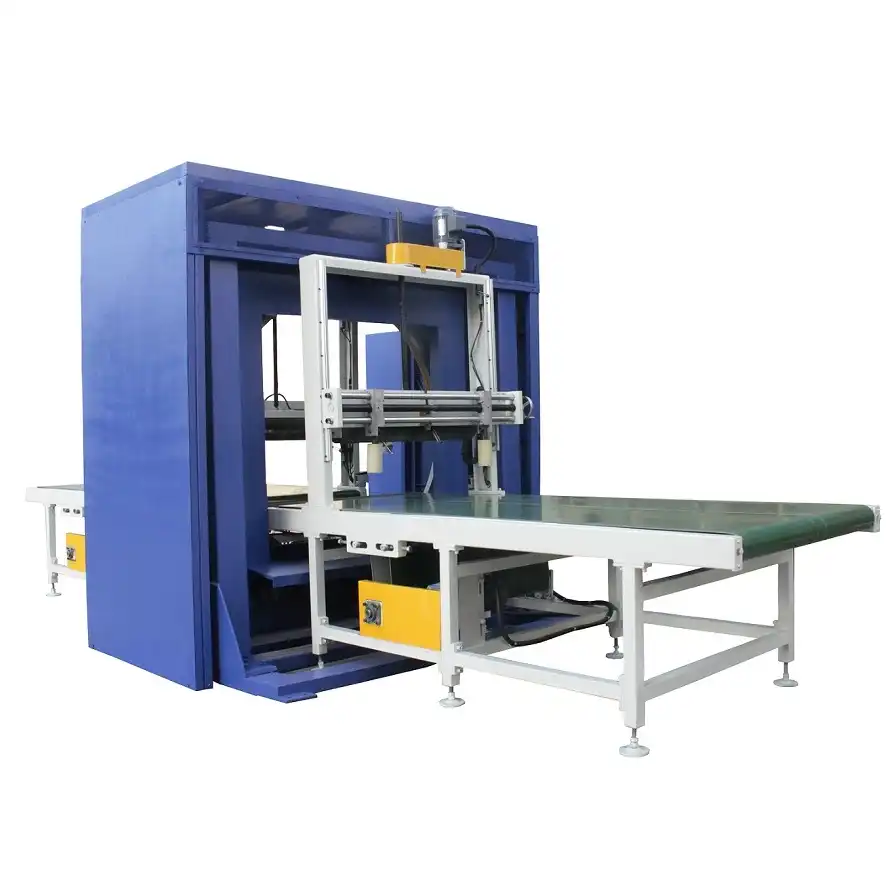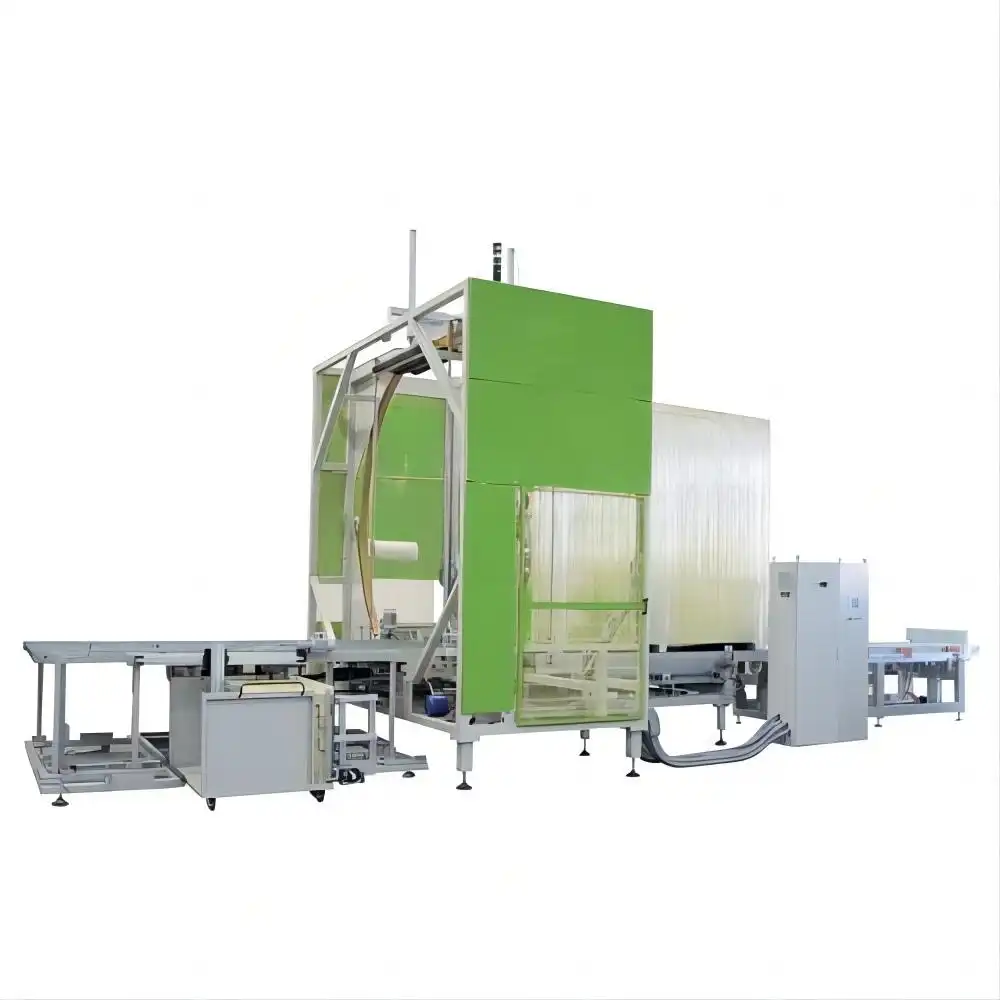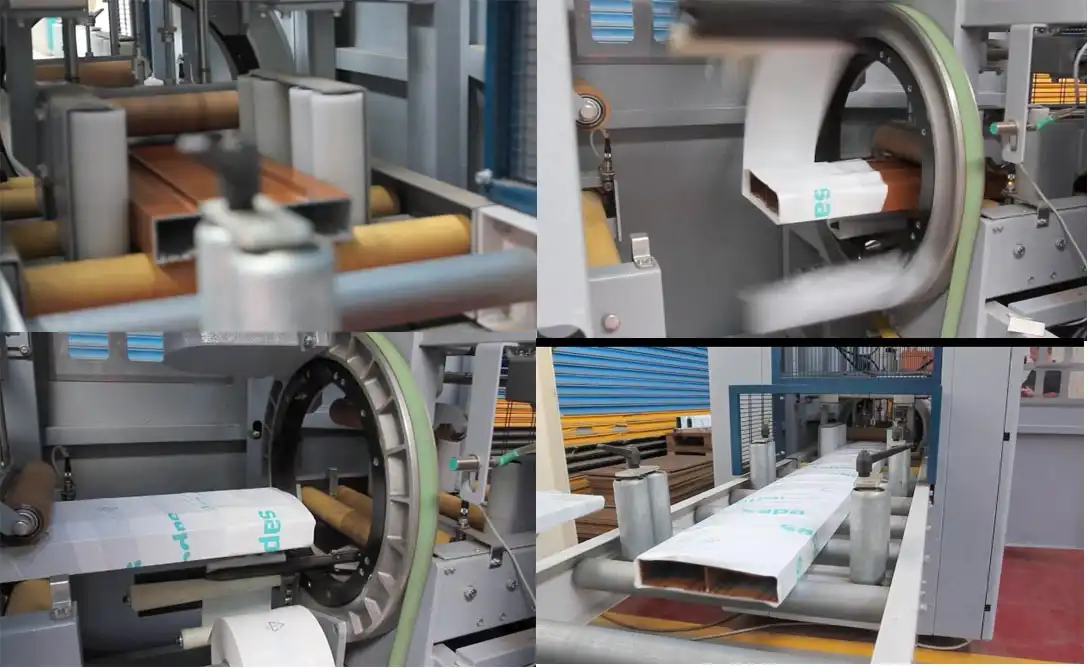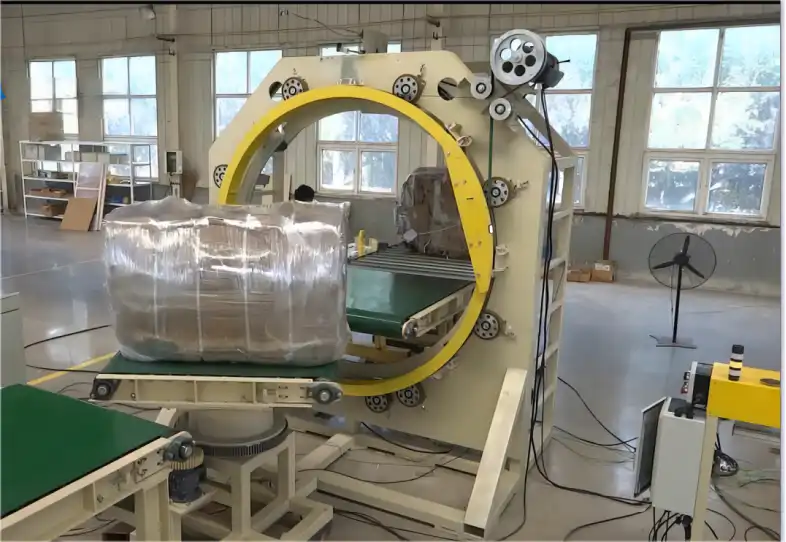Evaluating the Reliability of Post-Installation Support for Horizontal Orbital Wrapper
In the ever-evolving landscape of packaging machinery, the horizontal orbital wrapper stands out as a crucial component for businesses seeking efficiency and reliability in their operations. However, the initial purchase is just the beginning of a long-term relationship with this machinery. The post-installation support provided by manufacturers can significantly impact a company's operational success and productivity. In this article, we’ll delve into the nuances of evaluating the reliability of post-installation support for horizontal orbital wrappers.

1. Understanding the Importance of Post-Installation Support
When investing in a horizontal orbital wrapper, many businesses focus on features, price, and performance. However, post-installation support is equally important. This support can encompass everything from maintenance and repair services to training for your staff. An effective support system ensures that your machinery operates at peak performance and minimizes downtime.
Key Elements of Post-Installation Support
-
Technical Assistance: Access to qualified technicians who can diagnose and resolve issues quickly.
-
Training Programs: Training sessions that educate staff on how to operate and maintain the machinery effectively.
-
Spare Parts Availability: The ease of acquiring replacement parts when needed.
-
Maintenance Services: Regular check-ups and scheduled maintenance to prevent breakdowns.
2. Evaluating Manufacturer Reputation
The first step in evaluating post-installation support is to investigate the manufacturer’s reputation. A reliable manufacturer often provides extensive support services that enhance the overall user experience.
Researching Customer Reviews
Customer reviews can provide invaluable insight into the reliability of a manufacturer’s post-installation support. Look for:
-
Positive Feedback: Signs that customers are satisfied with their support experiences.
-
Consistent Issues: Patterns in complaints can highlight potential pitfalls.
Industry Awards and Certifications
Awards and certifications can be indicators of a manufacturer's commitment to quality and customer service. Investigate whether the manufacturer has received accolades in service excellence or industry innovation.
3. Assessing the Scope of Support Services
Not all support services are created equal. It's essential to understand the breadth and depth of what is offered.
Technical Support Availability
Check if the manufacturer provides 24/7 technical support. This is crucial for businesses that operate round the clock and cannot afford downtime.
On-Site Support vs. Remote Assistance
Some issues can be resolved remotely, while others may require on-site assistance. Understanding how the manufacturer balances these two options can give you a better idea of their service reliability.
Documentation and Resources
Comprehensive documentation, such as user manuals and troubleshooting guides, can empower your team to solve minor issues independently. Assess the quality and accessibility of these resources.
4. Training and Skill Development
Proper training can significantly enhance the longevity and performance of your horizontal orbital wrapper. Evaluating the training programs offered is a key component of post-installation support.
Types of Training Available
-
Initial Training: Training sessions conducted during the installation phase.
-
Refresher Courses: Ongoing training to keep your staff updated on new features or best practices.
-
Specialized Training: Focused sessions on troubleshooting and maintenance.
Training Materials
Evaluate the quality of training materials. Are they comprehensive and easy to understand? Do they include visual aids such as videos or diagrams? High-quality training resources can make a significant difference in how well your staff operates the machinery.
5. Maintenance and Repair Services
Regular maintenance is crucial for ensuring the long-term reliability of your horizontal orbital wrapper. Understanding the maintenance services offered can help you anticipate future costs and operational challenges.
Scheduled Maintenance Programs
Many manufacturers offer scheduled maintenance programs. These can be beneficial for proactively identifying potential issues before they escalate into costly repairs.
Response Time for Repairs
The average response time for repairs is another critical factor. A manufacturer that can quickly address issues minimizes downtime and maintains productivity.
6. Spare Parts Availability
The availability of spare parts can affect the reliability of your horizontal orbital wrapper. If parts are hard to find, you may face extended downtime.
Genuine vs. Aftermarket Parts
While aftermarket parts may seem cost-effective, they can sometimes lead to performance issues. It's advisable to confirm that the manufacturer provides genuine parts, as these often come with guarantees for quality and compatibility.
Lead Time for Parts
Understanding the lead time for acquiring spare parts is crucial. In emergencies, a long wait for parts can hinder your operations, leading to potential losses.
7. Customer Service Experience
The quality of customer service can make or break your post-installation support experience.
Responsiveness and Communication
Evaluate how quickly the manufacturer responds to inquiries. Are their representatives knowledgeable and helpful? A responsive customer service team can ease your worries when issues arise.
Customer Feedback on Service Interactions
Look for testimonials or case studies that detail customer experiences with service interactions. These can reveal a lot about the manufacturer’s commitment to support.
8. Case Studies and Real-World Applications
Learning from others can provide insights into the effectiveness of a manufacturer’s post-installation support.
Success Stories
Seek out case studies that showcase successful implementations of horizontal orbital wrappers. Pay attention to how the manufacturer supported the customer during and after installation.
Lessons Learned
Conversely, examine cases where businesses faced challenges. What went wrong, and how did the manufacturer address these issues? Understanding both sides can provide a balanced view of support reliability.
9. Cost Considerations
Evaluating post-installation support is not just about services; it also involves financial implications.
Hidden Costs
Understand the full scope of costs involved in post-installation support. Are there hidden fees for maintenance or service calls? Being aware of these can help you budget effectively.
Long-term Value
Investing in a manufacturer that offers robust post-installation support may lead to lower costs in the long run. Fewer breakdowns and efficient operations can translate to significant savings.
10. The Role of Technology in Support Services
Advancements in technology have transformed the landscape of post-installation support.
Remote Monitoring
Some manufacturers now offer remote monitoring services, allowing them to detect issues before they become problematic. This proactive approach can save time and resources.
Online Support Portals
Many manufacturers provide online support portals where customers can access resources, submit tickets, and track service requests. Evaluate how user-friendly these platforms are.
11. Building a Partnership with Your Manufacturer
Establishing a good relationship with your manufacturer can enhance the effectiveness of post-installation support.
Communication
Regular communication can ensure that both parties are on the same page regarding maintenance schedules and performance metrics.
Feedback Loops
Encourage an environment where your team can provide feedback on the support received. This can help the manufacturer improve their services.
Conclusion
In conclusion, the reliability of post-installation support for horizontal orbital wrappers is an integral part of the overall investment in packaging machinery. By evaluating the manufacturer’s reputation, the scope of support services, training programs, maintenance options, spare parts availability, and customer service quality, businesses can make informed decisions that align with their operational goals. Remember, effective post-installation support not only ensures the smooth functioning of your machinery but also contributes to long-term business growth and efficiency. By prioritizing this aspect, you’re not just purchasing a machine; you’re investing in a partnership that can propel your operations to new heights.
